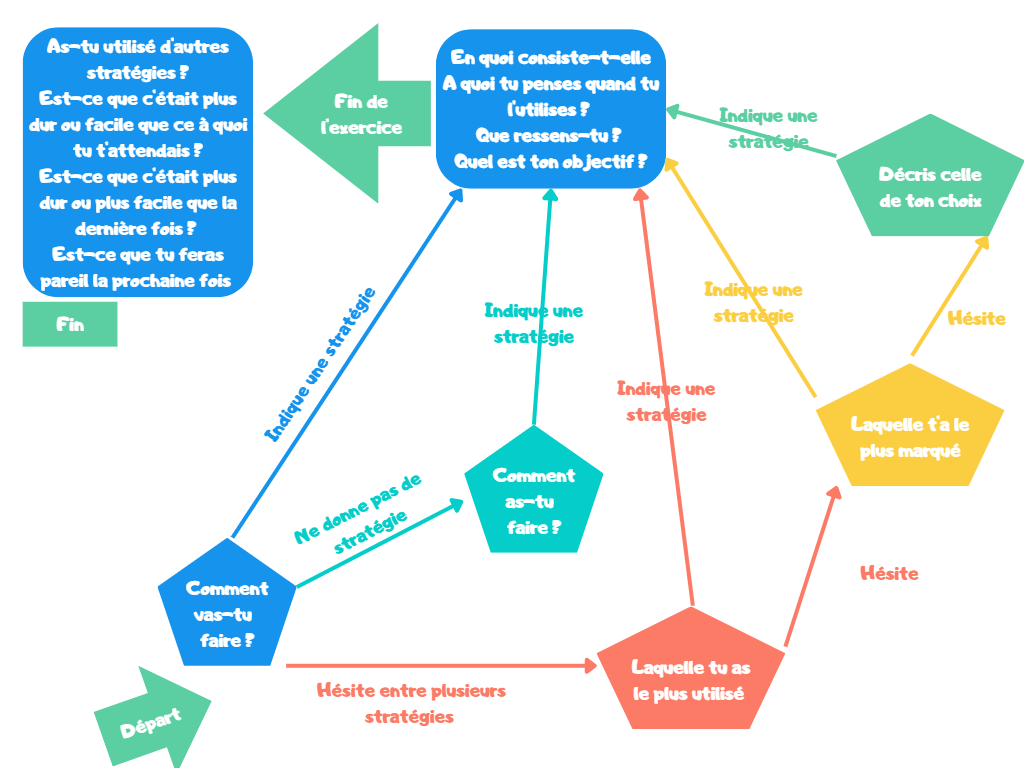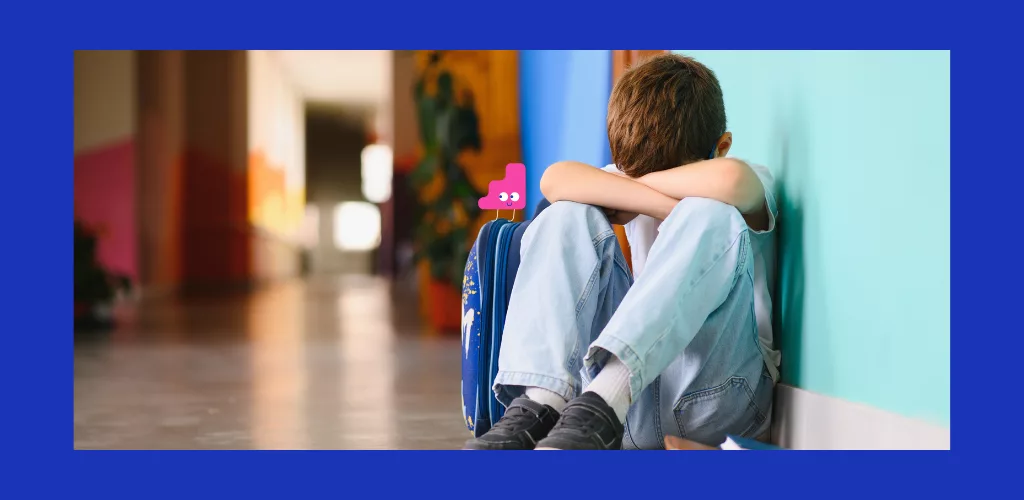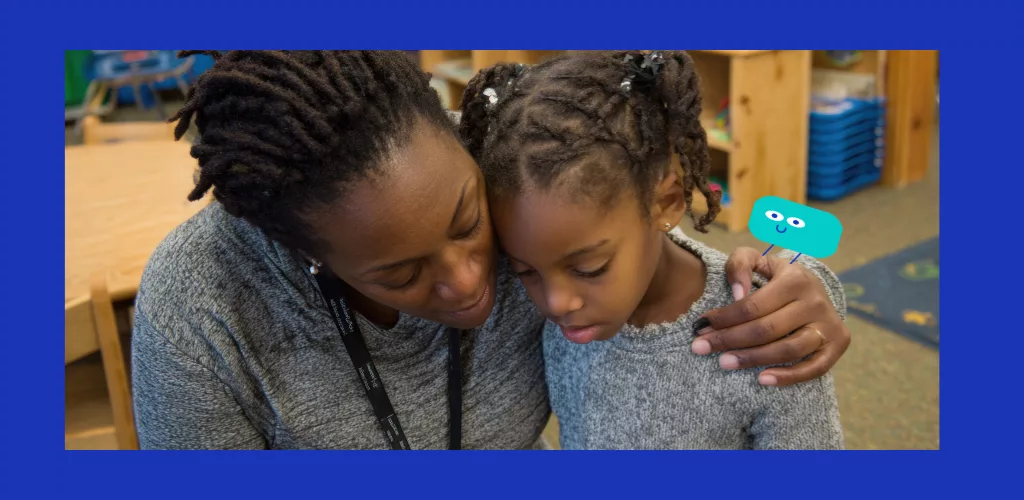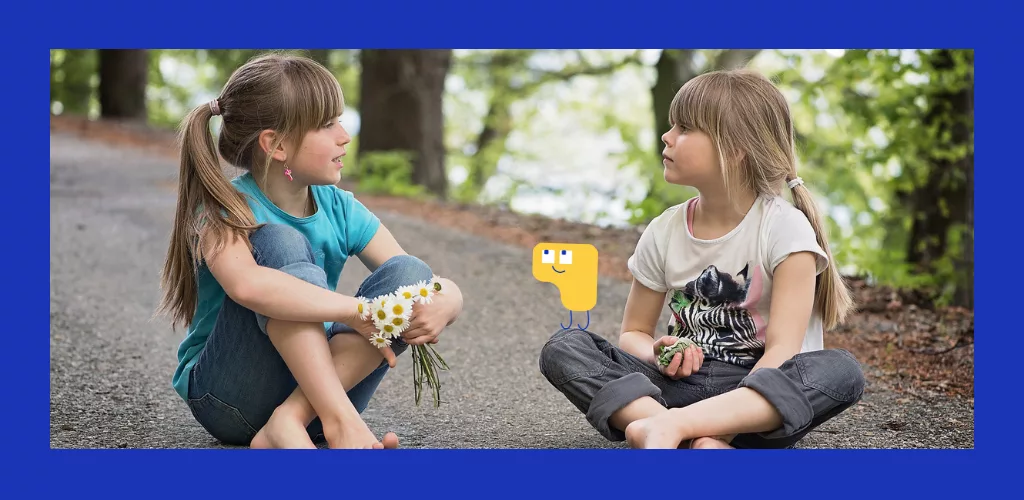How to cultivate metacognition in children using metacognitive interviewing
Cultivating metacognition in children is a key skill to be encouraged from an early age. It enables each child to better understand how they learn, memorize, reflect and progress.
In this article, we present a simple yet powerful method: metacognitive interviewing.
What is metacognition?
Metacognition refers to the ability to become aware of one's mental processes: how one thinks, how one memorizes, how one solves a problem, etc.
In children, this skill can be cultivated from an early age. All they need is support to understand how they learn.
🔗 F ind out more about the benefits of metacognition in learning (eduscol.education.fr)
Why cultivate metacognition in children?
Developing metacognition enables your child to :
-
Better understand your own functioning
-
Identify appropriate learning strategies
-
Gaining independence with homework
-
Building confidence in one's abilities
And there's no need for complex equipment or tools: just a friendly chat.
The metacognitive interview: a simple yet powerful tool
Themetacognitive interview is a guided discussion between adult and child. It enables the child to put into words what he or she is doing, thinking and feeling during a learning activity.
Let's take a concrete example: preparing a dictation.
Step 1 - Before the exercise: question the intention
Before starting the dictation, ask an open-ended question:
"What do you think would be the best way to prepare for this dictation?"
Then, if he proposes a strategy, encourage him to specify:
-
What does this method involve?
-
What do you think about when you use it?
-
What do you feel in your body? What emotions arise?
-
What's your objective? (A quick reminder: a precise objective, as in the SMART method, is more likely to succeed).
Step 2 - During the exercise: observe strategies in action
If he hesitates between several methods (making a complete dictation, identifying complex words, writing or spelling...), guide him with a few questions:
-
Which one do you use most often?
-
Which did you find most effective?
-
Can you describe one, even briefly?
These questions help him make an informed choice and better understand his preferences.
Conversely, if your child doesn't know how, let him explore on his own. Observe without interfering. Once the exercise is complete, ask him to describe what he did spontaneously. If necessary, rephrase with your child, using the questions we've seen before.
Step 3 - After the exercise: taking stock
Once the activity is over, engage in a little debriefing. This reinforces what you've learned and establishes a habit of reflective reflection:
-
Did you use other strategies than the one you had planned? Which ones?
-
Was it easier or harder than you imagined?
-
Have you made any progress since last time?
-
Next time, will you do the same or try something different?
Why are these exchanges so powerful?
This type of exchange enables the child to :
-
Know yourself better: identify what helps you and what hinders you
-
Valuing his efforts, even when he makes mistakes
-
Adapt your methods to each subject or situation
-
Understand that everyone has their own way of learning
In other words, it gradually transforms its difficulties into opportunities for progress.

Further information 🚀
In a nutshell
Cultivating metacognition in children requires no special equipment or training. It's your caring questions and active listening that make all the difference.
So, ready to try metacognitive interviewing on your next homework assignment? 💡
The Soft Kids team 🌈




0 comments